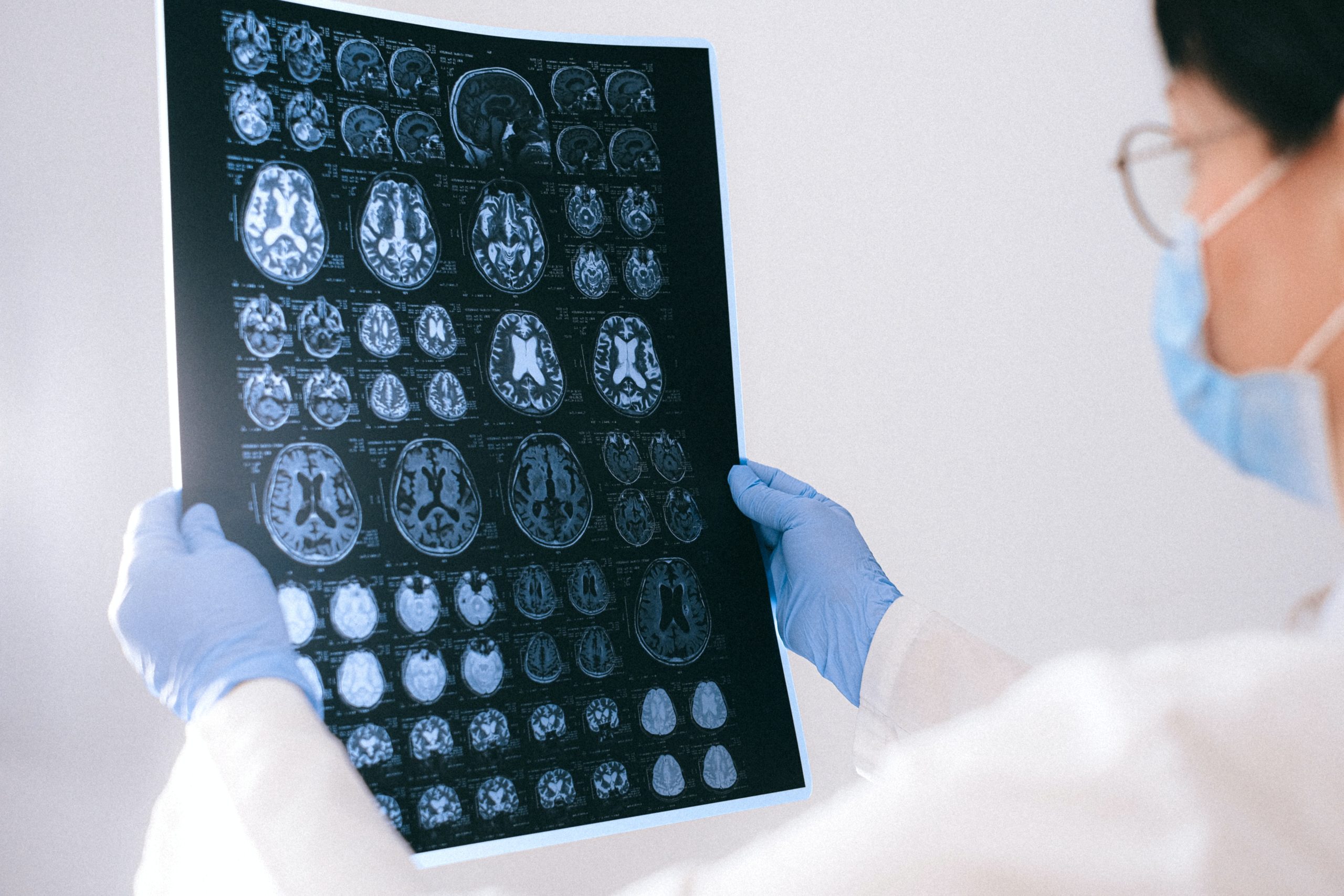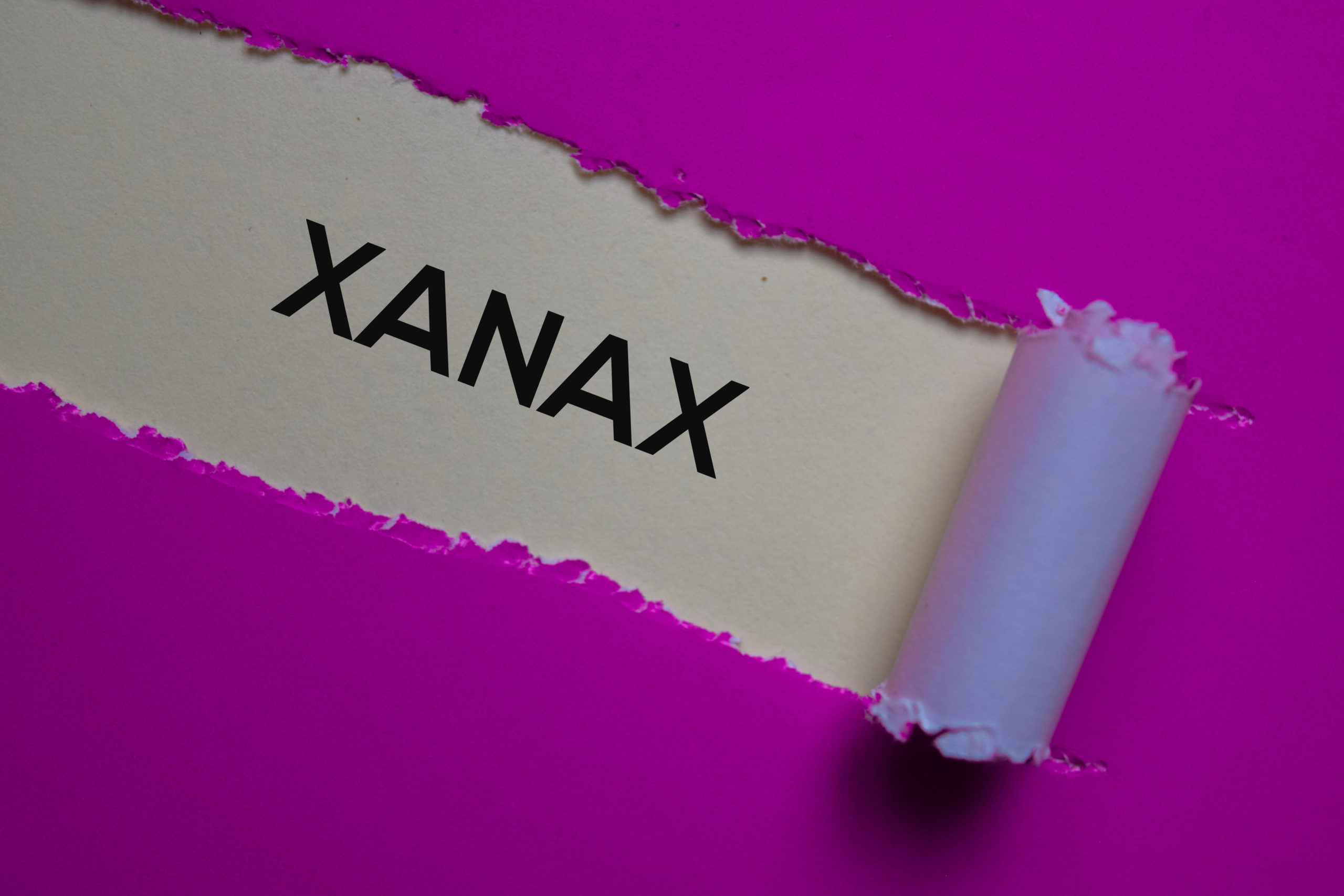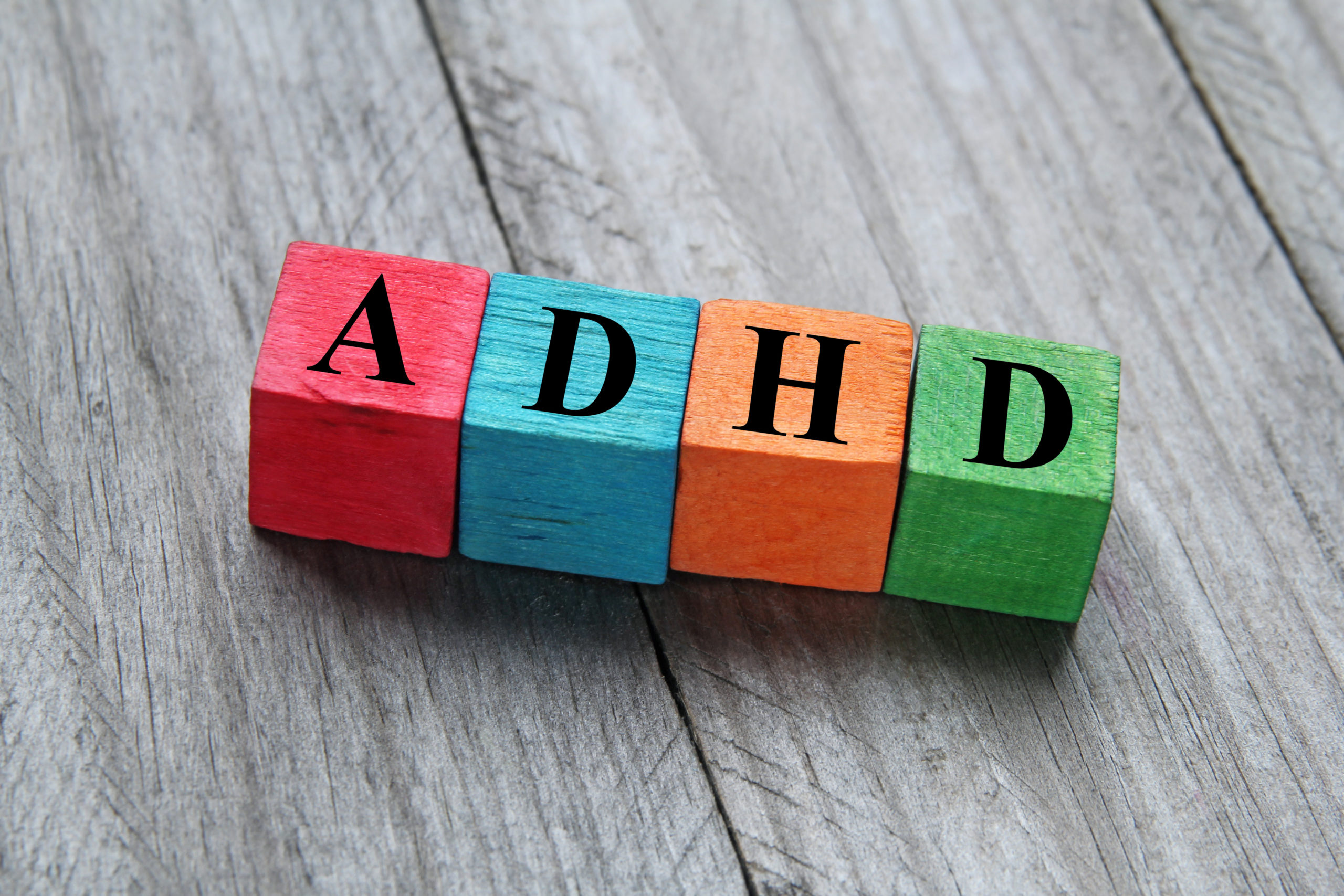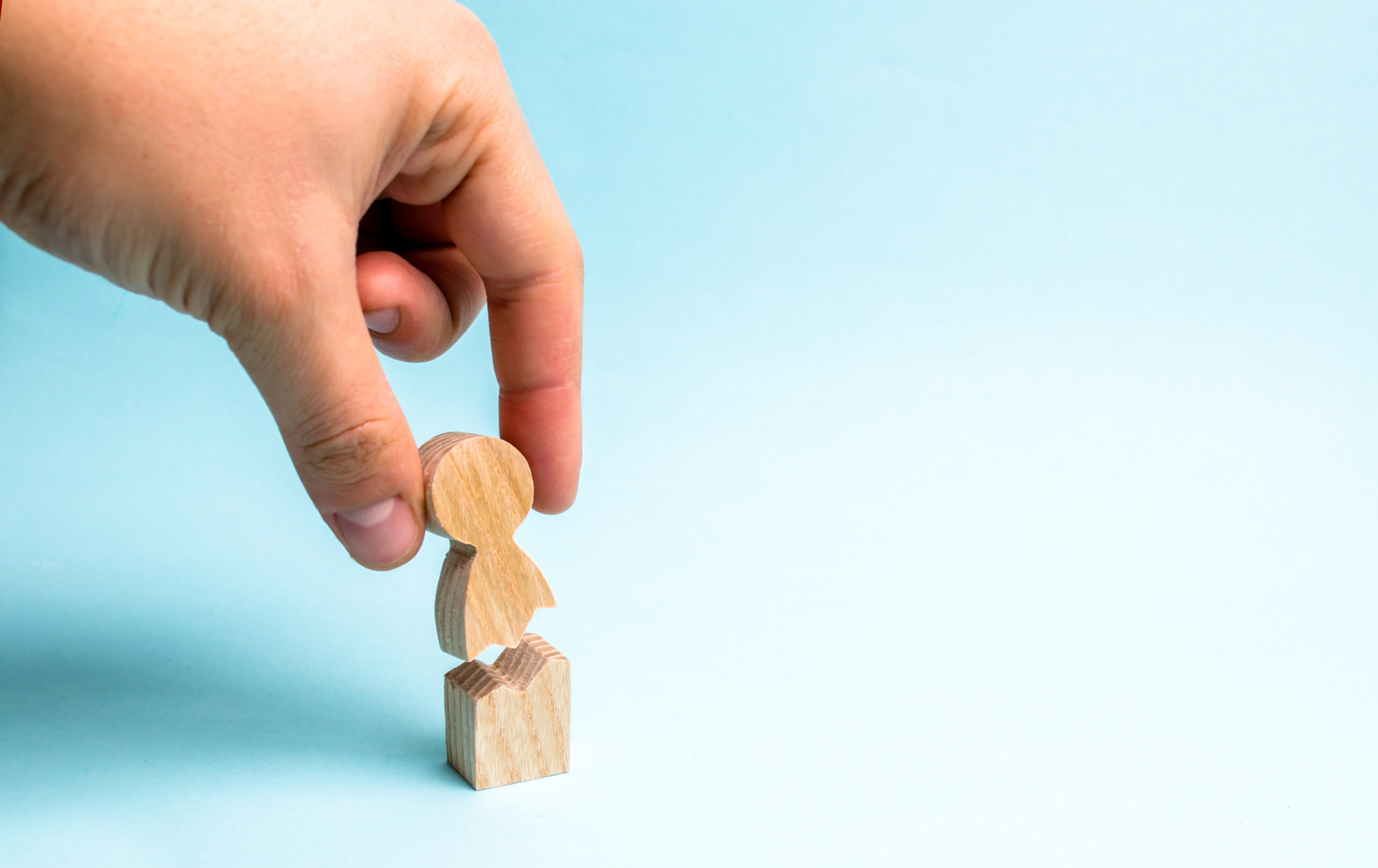If you or a loved one struggles with post-traumatic stress disorder (PTSD), you already know how difficult it can be to adapt and cope with your issues. Having PTSD is not just something that military veterans come home with; it’s something that people worldwide struggle with and often have a hard time explaining to others.
Unfortunately, with all the other struggles that a person with PTSD endures, many will also have to battle a substance use disorder.
Knowing the signs and understanding how the two work together can help you to find positive coping methods and learn how to control your emotions and triggers to live a more successful and fulfilled life.
At Soba Recovery, understand that dealing with addiction is hard on its own, and when you have other factors impacting your mental health, it can feel isolating and never-ending. Read on to learn more about the relationship between PTSD and addiction.
What Is Addiction?
Addiction, or substance use disorder (SUD), is a complex condition that changes the way your brain functions. It makes you believe you need the substance to survive. It messes with your perception of reality and can make you act out in ways you normally wouldn’t. When dealing with addiction, you are often trying to escape the reality you are living in due to personal trauma.
When you are addicted to a substance, you cannot control your urges to use the substance and make poor decisions in favor of the substance. As soon as a substance you are using disrupts your daily activities and you can’t function without it, you have reached dangerous and concerning levels of your substance use.
Signs of Addiction
Some signs that you or a loved one is struggling with addiction are:
- Having a disregard for harmful situations, they put themselves or others into.
- Not being able to go a day without the substance.
- Experiencing withdrawal symptoms.
- Becoming easily angered or upset.
- Inability to sleep or keep up hygiene.
Calling out signs of addiction with your loved ones can be difficult, but having a conversation about your concerns only shows them that someone is willing to help.
What Is PTSD?
Post-traumatic stress disorder (PTSD) is an anxiety disorder that individuals get diagnosed with after a traumatic experience. People with PTSD might struggle with flashbacks and bad dreams about the event that happened to them, causing them to revert to experience the emotions they had at that moment. It can be debilitating for many and cause severe issues in daily life.
Things that can cause PTSD are:
- Military combat
- Abusive relationships
- Sexual Assault
- Natural disasters
- Childhood trauma
- Car accident
- Death of a loved one
- Being physically attacked
Often, people with PTSD will avoid certain places, things, songs, and even people to avoid any thoughts or flashbacks. Many people have to fully adapt their lives to live without being reminded of the event, and many have a difficult time coping as it’s like reliving a nightmare over and over.
People with PTSD can have a hard time separating what’s happening currently with memories, and how their environment is around them in one moment could place them back at the moment they experienced trauma.
You might notice that someone with PTSD will stare blankly for a while, which can be them rewatching a negative memory unfold and then suddenly snap out of it.
If left untreated by a treatment program that may include medications and behavioral therapies, occurring PTSD can affect you for a lifetime.
Symptoms of PTSD
There are a few PTSD symptoms to be on the lookout for; here are some to consider:
- Having difficulty sleeping due to nightmares or intrusive thoughts.
- Reliving trauma and experiencing flashbacks and bad memories.
- Becoming easily irritated or upset.
- Constant blame on oneself.
- Feelings of guilt.
- Feelings of irritability.
- Suddenly having a blank look in their eyes as they stare off.
- Avoiding certain people and places or having visceral reactions to objects, sounds, or names.
- Drug use or they may abuse alcohol.
If you notice someone is dealing with PTSD, the best plan of action is to try to get them help so that they can learn how to cope appropriately. This can be difficult to discuss, but it’s so important and helpful!
How PTSD and Addiction Are Connected
It is actually widespread for someone with PTSD also to have substance use issues. 50% of people who have been diagnosed with PTSD will be diagnosed with substance use disorder.
People with PTSD often self-medicate because of how frequent and debilitating their symptoms are. Drugs and alcohol might subdue the pain by making you forget the trauma and feel outside of your body for a brief moment, but this is not a good way to cope overall.
PTSD alters your brain chemistry similarly to addiction, but they work together to justify the behavior. After experiencing a traumatic event, your brain will produce fewer endorphins, and so the way for people to experience those feelings of happiness is through mood-enhancing substances.
There are many triggers that people with PTSD have that could use substances to combat that feeling.
Both addiction and PTSD are occurring disorders that affect a person’s memory, and when they are combined, they intensify the feelings that one might feel in a situation. Substance use gives people the ability to forget memories that bring them pain, but with the right help, you can find better ways to cope with your trauma.
Signs of Substance Use In People With PTSD
It can often be hard to see when people with PTSD struggle with substance use because some of the signs are very similar from an outside perspective. Some examples of substance abuse include alcohol and drug abuse.
There are a few ways you can tell when someone is using drugs or alcohol to a dangerous extent to help cope with their PTSD:
- If while intoxicated, the person is extremely withdrawn.
- They experience more depression and anxiety.
- They might be extremely nervous until they have used a substance.
- If they are using substances more frequently throughout the day.
- If they become secretive about what they spend their time doing and withdraw themselves from situations, they are used to.
- Arousal and reactivity.
For those dealing with PTSD and substance abuse like drug use or alcohol use disorder, substance abuse treatment, addiction treatment, and counseling may be helpful for your road to recovery. Substance abuse treatments will have you go through a detox period to help you get one step closer to sobriety. While relapse may be a fear, it is less likely to occur with the right program and support.
Getting Help At Soba Recovery Centers
When it comes to struggling with addiction and PTSD, you are not alone. Soba Recovery is here to assist you through your recovery and set you up for success upon your return to the community.
Soba Recovery focuses on the individual’s needs, and so for those who have PTSD and addiction, the sessions you attend will be geared towards treating your PTSD as well. We understand that you can’t treat one without treating the other and that success does not happen if you don’t care for all of your needs.
By evaluating how the two work together for your specific case, we can help to create positive coping methods to practice when experiencing stress.
Soba Recovery Centers are located in two treatment facilities: San Antonio, TX, and Mesa, AZ; we offer various services, like inpatient, outpatient, and sober living to help assist you through these darker times. You will leave out facilities with confidence that will help you fight back against your addiction and know how to prepare for PTSD episodes.
There is a treatment option for everyone, no matter what your diagnosis is. Treatment outcomes will vary upon the person and treatment program.
If you have other questions about the services we offer, please reach out to a Soba Recovery Center representative; we are happy to help!
Sources:
What Is Addiction? | American Psychiatric Association
Post Traumatic Stress Disorder and Addiction | Dual Diagnosis











